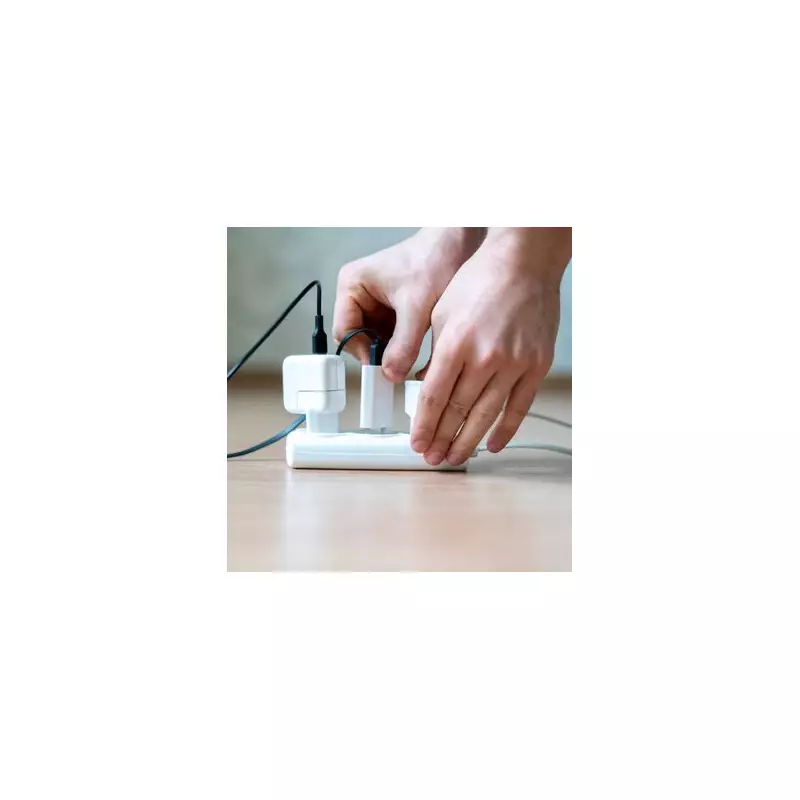
Electrical safety experts are issuing urgent warnings to UK households about three common appliances that could be putting your home at serious risk when plugged into extension leads.
The Hidden Dangers in Your Living Room
Many of us rely on extension leads to power our increasingly digital lives, but what most homeowners don't realise is that certain high-wattage appliances can turn these convenient solutions into potential fire hazards. The combination of overloaded sockets and inappropriate devices creates a perfect storm for electrical disasters.
The Three Most Dangerous Offenders
1. Portable Heaters
During colder months, portable heaters become many households' go-to solution for extra warmth. However, these energy-intensive devices draw substantial power that can easily overwhelm extension leads not designed for such loads. The sustained high current generates dangerous heat levels within the cables, significantly increasing fire risk.
2. Refrigerators and Freezers
Your kitchen appliances might seem harmless, but refrigerators and freezers require significant startup power that creates sudden power surges. When connected to extension leads, these surges can damage both the appliance and the electrical system. The constant cycling on and off also puts continuous strain on extension circuitry.
3. Tumble Dryers
As one of the most power-hungry appliances in any home, tumble dryers demand electricity levels that most standard extension leads simply cannot handle safely. The prolonged high-energy usage creates overheating risks that have been linked to numerous household fires across the UK.
Why Direct Wall Outlets Are Essential
Safety professionals emphasise that these high-wattage appliances should always be plugged directly into wall outlets. Built-in safety features in modern wall sockets provide crucial protection that extension leads often lack. The fixed wiring in walls is specifically designed to handle higher electrical loads safely.
Smart Energy-Saving Alternatives
Beyond safety concerns, experts note that proper direct connection can also improve energy efficiency. Many homeowners report lower electricity bills after switching from extension leads to direct wall outlets for major appliances. This simple change ensures optimal power delivery while eliminating unnecessary risks.
The message from safety authorities is clear: when it comes to these three appliance types, convenience should never compromise safety. Taking the extra time to plug directly into wall outlets could be the difference between a safe home and an electrical emergency.





